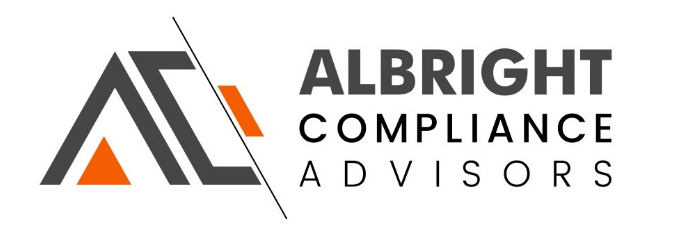Regular audits are often a standard regulatory requirement in many jurisdictions, underscoring their critical importance in maintaining compliance and upholding the integrity of financial services providers. They are not just a regulatory requirement but a strategic imperative, safeguarding against risks and fostering a culture of compliance.
Understanding Compliance Audits
Compliance audits are systematic reviews or structured examinations that evaluate an organization’s adherence to regulatory requirements, internal policies, and industry standards. They serve as a vital tool to identify potential compliance gaps, mitigate risks, and enhance operational efficiency. Regular audits are a standard regulatory requirement in many jurisdictions, underscoring their pivotal role in ensuring transparency and accountability.
Step-by-Step Guide to Conducting Effective Compliance Audits
- Preparation and Planning: Begin by outlining the audit scope, objectives, and timelines. Assess regulatory requirements and internal policies to create an audit plan. Identify key areas and processes to be reviewed, considering risks and priorities.
- Gathering Audit Evidence: Collect relevant documents, records, and data pertinent to the audit scope. This includes policies, procedures, transaction records, and audits reports. Ensure accuracy and completeness of the information gathered.
- Risk Assessment and Analysis: Conduct a comprehensive risk assessment to prioritize audit focus areas. Identify potential risks and their impact on the organization. Evaluate control mechanisms in place to mitigate these risks.
- Conducting Fieldwork: Engage in on-site or remote fieldwork to gather information firsthand. Interview relevant stakeholders, including compliance officers, department heads, and employees involved in compliance processes. Verify risk measures against established standards.
- Documenting Findings: Record audit findings, observations, and discrepancies identified during the audit. Clearly articulate deficiencies or areas for improvement. Ensure documentation is detailed, accurate, and supported by evidence.
- Risk Mitigation Strategies: Develop strategies to address identified risks and deficiencies. Provide actionable recommendations to improve compliance measures and internal controls. Prioritize these recommendations based on risk severity.
- Reporting and Communication: Prepare a comprehensive audit report summarizing findings, conclusions, and recommendations. Communicate the report to relevant stakeholders, including senior management and the board of directors. Highlight the importance of addressing identified compliance gaps.
- Follow-Up and Monitoring: Monitor the implementation of corrective actions recommended in the audit report. Follow up with responsible parties to ensure timely and effective resolution of identified issues. Maintain a system for ongoing monitoring of compliance measures.

The Importance of Regular Audits
Regular compliance audits are not just a regulatory obligation; they are a proactive strategy to stay ahead of potential risks. They provide insights into the effectiveness of existing adherence controls, enabling timely adjustments to mitigate emerging risks and they provide a mechanism for continuous improvement, enabling financial entities to identify and rectify adherence gaps before they escalate into larger issues. In many jurisdictions, regular audits are mandated to ensure ongoing adherence with changing regulations and standards. Incorporating regular audits into your business practices can ultimately safeguard against regulatory penalties and reputational damage.
Regulatory Significance of Audits
In many jurisdictions, conducting regular audits is a standard regulatory requirement imposed by financial regulatory bodies. These audits serve as a means to ensure that financial entities operate with integrity, transparency, and adherence to prescribed rules.
Conclusion: Upholding Compliance through Effective Audits
In conclusion, comprehensive audits are indispensable for financial services providers seeking to maintain regulatory compliance and operational integrity. By following a systematic approach, conducting regular audits, and addressing identified deficiencies, financial institutions can ensure not only adherence but also robust governance and risk management practices. Regular audits are not just regulatory checkboxes; they are pivotal in safeguarding the trust of stakeholders and fostering a culture of audits within financial institutions. Upholding the effectiveness and efficiency of audits is a continuous commitment to excellence, ensuring the resilience and credibility of financial operations in an ever-evolving regulatory landscape.







